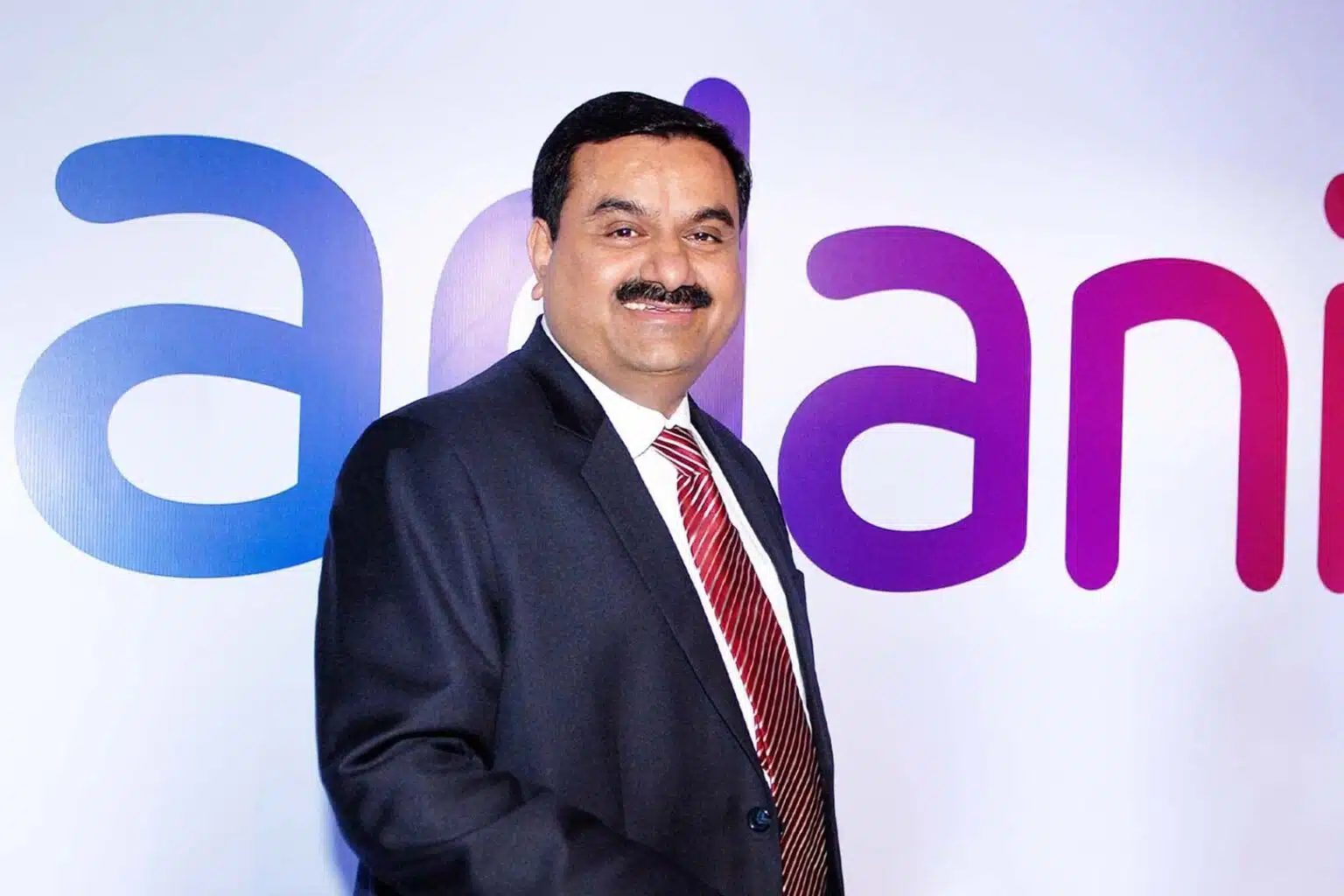Gautam Adani’s ambitious plans for rapid expansion seem to be backfiring as the firm’s debt soars upto 21%
The Adani Group, one of India’s largest conglomerates, saw its debt pile up by almost 21% over the past year. According to data seen by Bloomberg, nearly a third of the group’s borrowings were with global international banks at the end of March, a category that didn’t feature on the Adani Group’s list of creditors seven years ago.

The calculated ratio of net debt to earnings before interest, tax, depreciation, and amortization, also called (EBITDA) was about 3.2 in the 2024 fiscal year, ended March. While this is still considered high, it is an improvement from the previous year, indicating that the company’s ability to pay off its debts has improved.
Adani’s rapid expansion and diversification over the years have resulted in a steadily increasing pile of assets, which has more than doubled in the past five years. The group was founded by first-generation entrepreneur Gautam Adani, who started off as a diamond trader in the 1980s. Mr. Adani built his firm from the ground, commencing business on the ports and coal trading vertical and, in recent years, expanded into more sophisticated businesses including airports, renewable energy, data centers, cement, and media rapidly.
Adani’s entry into renewable energy has been particularly notable. The group has committed to investing $20 billion to build 25 gigawatts (GW) of renewable capacity by 2025, which would make it one of the world’s largest renewable power producers. It has already won bids to develop 15 GW of solar capacity, and its renewable energy arm, Adani Green Energy Ltd., has become India’s largest renewable energy company.
However, Adani has faced scrutiny and controversy over its business dealings. In June 2021, the group was added to Norway’s sovereign wealth fund’s blacklist due to its links to coal mining and environmental concerns. The group’s ties to the Indian government have also come under scrutiny, with opposition parties accusing the government of favoring Adani in awarding contracts and providing subsidies.
Despite these controversies, Adani remains a major player in India’s business landscape. The group’s expansion into new sectors has helped it weather the impact of the COVID-19 pandemic on the economy. Adani’s ports and logistics business, which accounts for a significant portion of the group’s revenue, benefited from the surge in e-commerce and increased demand for container shipments during the pandemic.
Adani’s debt financing from global banks has also helped it to weather the pandemic’s impact. In March 2021, the group secured a $1.5 billion loan from a group of 12 banks led by Standard Chartered and DBS Bank. The loan was used to refinance existing debt and fund capital expenditures.
Looking ahead, Adani’s focus on renewable energy and its expansion into new sectors is likely to continue. The group’s plans to build a data center in India in partnership with US-based EdgeConneX is expected to attract further investment in the digital infrastructure sector. Adani is also reportedly looking to enter the electric vehicle market and has signed a memorandum of understanding with a South Korean company to explore opportunities in the sector.
In conclusion, Adani Group’s debt has increased in the past year, but its ability to pay off its debts has improved. The group’s diversification into new sectors, including renewable energy, has helped it weather the impact of the COVID-19 pandemic on the economy. Despite facing scrutiny and controversy, Adani remains a major player in India’s business landscape, with plans to expand into new sectors and continue its focus on renewable energy.













